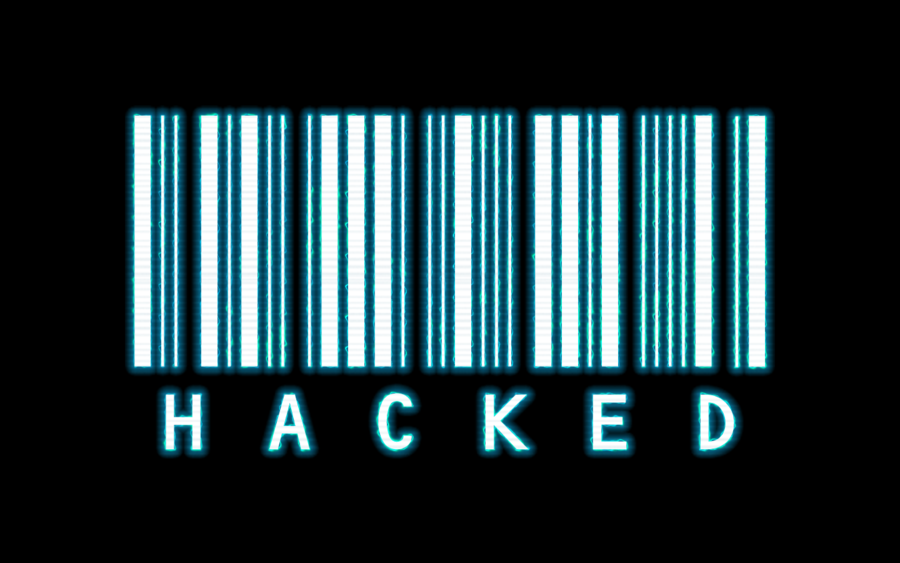8 Tips To Prevent your Startup Being Hacked
To keep hackers from gaining access to your computer because of outdated program vulnerabilities, you are advised to consider updating your operating system and other software as often as possible, if not automatically. For that extra layer of protection, consider enabling Microsoft automatic product updates to ensure that your Office Suite also gets updated at roughly the same time. For the best performance, consider removing or retiring software that is particularly susceptible like Flash or Java.
For improved security, download updated security programs like anti-spyware, anti-malware and antivirus software, and a firewall – that’s if your operating system doesn’t have it. To confuse even the most iniquitous hackers, invest in anti-exploit technologies like Malwarebytes Anti-Exploit to stop any cyber-attacks before they even happen.
Always destroy any trace of personal information
on any hardware you plan on selling. Use d-ban to wipe your hard drive. This will make it hard for people who pillage through recycled devices to recover any personal data on your hard drive. If the data you want to protect is extremely sensitive, then the best tool to get is a chainsaw.
Avoid using open Wi-Fi as it makes it easier for hackers to access your computer and steal or download personal files. Protect your Wi-Fi using encrypted passwords, and refresh your equipment and hardware every few years. Consider the router you use as some have vulnerabilities that have never been patched. Go for a newer router as newer ones allow users to provide guests with detached wireless access. At the same time, they make it easier to change passwords as often as you would like. And a VPN gives you a private connection for added protection.
Talking of passwords, consider password-protecting
all of your devices, and that includes your phone, camera, tablet, smartwatch, laptop, desktop, lawnmower…you get the gist. The ubiquity of devices like smartphones and laptops makes them especially susceptible. Lock your phone and ensure that its timeout is fairly short. Use swipe or passkey for Android and fingerprint lock for iPhone. Considering that most mobile devices are small and can easily fit in your pocket, it is quite easy to forget that you need to keep them secure since they are essentially mini-computers. For instance, your smartphone contains a considerable amount of personal information, which, once unlocked, could lead to devastating consequences.
As such, it is advisable that you consider creating difficult passwords and make sure that you change them as often as possible and avoid using password managers like LastPass. For extra protection against being hacked, ask about 2-step authentication. The great thing is that there are already a couple of services that are now offering two-factor authentication – which requires the user to initiate the process. In all truth, this extra friction is totally worth it. Two-factor authentication makes it harder for unauthorized persons to take over an account and much easier to make a reclaim should anything happen.
Be careful of social engineering – it can be used to extract information used for hacking – you can read more about it here on this blog from Capita IT Professional Services
.
Use security questions and make sure that you use creative answers that people cannot figure out. It is now very easy for anyone to know what your mother’s maiden name is or even where you went to school with just one Google search. Consider answering these questions like a crazy person. If First Century Bank asks, “What was your boyfriend’s/girlfriend’s first name?” reply, “your mom”. The only thing is that you don’t forget that that was your answer when they ask you.

